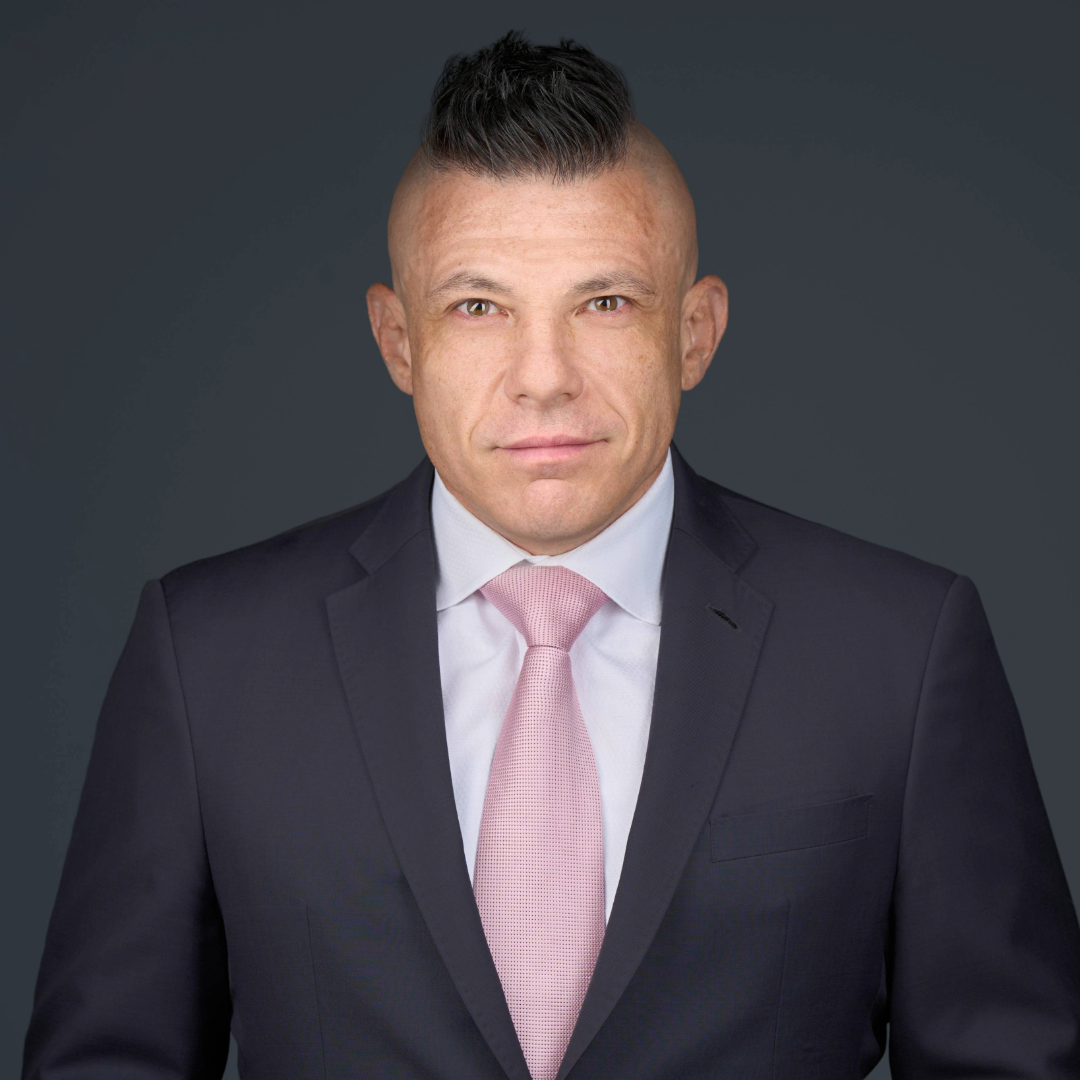LOUDOUN COUNTY'S TOP-RATED LAWYERS Estate Planning & Probate
Protect Your Family,
Preserve Your Legacy with Adam L. Engel, Esq.
ARE YOU ASKING THE RIGHT QUESTIONS?
How much will taxes and delays cost your estate?
Who decides your family’s future if you don’t?
Will the court control your inheritance?
Who makes decisions if you can’t?

Wills & Trusts: Protecting Your Legacy
Probate Guidance for Executors & Families


Estate Tax Planning & Asset Protection
Guardianship, Conservatorship, and Family Planning


Long-Term Care & Elder Law Solutions
Resolving Estate & Probate Disputes

Advanced Planning for Digital & International Assets
Estate Planning & Probate FAQs
Q: Why do I need a will if I already have a trust?
A: A will acts as a backup document to ensure any assets not included in your trust are still distributed according to your wishes. It can also appoint guardians for minor children, something a trust cannot do.
Q: What’s the difference between a codicil and rewriting my will?
A: A codicil is a legal amendment that changes specific provisions in your will without replacing the entire document. A new will revokes and replaces the old one entirely.
Q: How does a revocable living trust work?
A: A revocable trust allows you to transfer assets into the trust while keeping full control during your lifetime. After your death, the trust distributes assets to your beneficiaries without going through probate.
Q: When is an irrevocable trust better than a revocable trust?
A: Irrevocable trusts cannot be easily changed but provide stronger asset protection and potential tax advantages, making them ideal for high-value estates or asset protection planning.
Q: What is a special needs trust?
A: A special needs trust ensures a beneficiary with a disability receives financial support without jeopardizing eligibility for government benefits like Medicaid or SSI.
Q: Why would someone set up a charitable trust?
A: Charitable trusts allow you to support causes you care about while receiving tax benefits and maintaining some control over how your gift is used.
Q: What is a testamentary trust?
A: A testamentary trust is created through your will and only goes into effect after your death. It’s often used to manage assets for minor children or dependents.
Q: What is the difference between a financial and healthcare power of attorney?
A: A financial power of attorney allows someone to manage your money and property, while a healthcare power of attorney authorizes someone to make medical decisions if you cannot.
Q: Do I really need an advance medical directive in Virginia?
A: Yes, an advance directive ensures your healthcare wishes are respected if you become incapacitated, including preferences for life-sustaining treatments.
Q: What is guardianship vs. conservatorship?
A: Guardianship appoints someone to make personal decisions for an incapacitated person (like healthcare), while conservatorship appoints someone to manage their finances.
Q: What is probate, and why is it required?
A: Probate is the legal process of validating a will, settling debts, and distributing assets. In Virginia, probate is required if you have assets titled solely in your name.
Q: What does an executor actually do?
A: An executor manages the probate process: filing documents, paying debts, accounting for assets, and distributing property to beneficiaries.
Q: What happens if beneficiaries disagree with the executor?
A: Beneficiaries may challenge the executor’s actions in court, especially if they suspect mismanagement, fraud, or breach of fiduciary duty.
Q: How are estate assets valued?
A: Assets are typically appraised by professionals or assigned fair market values to ensure proper distribution and tax compliance.
Q: What happens if an estate has more debt than assets?
A: Creditors are paid in a legally mandated order of priority, and beneficiaries may receive less or nothing if debts exceed the estate’s value.
Q: What is probate, and why is it required?
A: Probate is the legal process of validating a will, settling debts, and distributing assets. In Virginia, probate is required if you have assets titled solely in your name.
Q: What does an executor actually do?
A: An executor manages the probate process: filing documents, paying debts, accounting for assets, and distributing property to beneficiaries.
Q: What happens if beneficiaries disagree with the executor?
A: Beneficiaries may challenge the executor’s actions in court, especially if they suspect mismanagement, fraud, or breach of fiduciary duty.
Q: How are estate assets valued?
A: Assets are typically appraised by professionals or assigned fair market values to ensure proper distribution and tax compliance.
Q: What happens if an estate has more debt than assets?
A: Creditors are paid in a legally mandated order of priority, and beneficiaries may receive less or nothing if debts exceed the estate’s value.
Q: How do I designate guardians for my children?
A: You can name guardians in your will. Without this, the court decides who cares for your children, which may not align with your wishes.
Q: What should blended families consider in estate planning?
A: Stepchildren are not automatically heirs under Virginia law. Estate planning ensures all intended children, stepchildren, and spouses are provided for.
Q: How do I provide for a disabled family member without harming their benefits?
A: A special needs trust allows you to provide supplemental care while preserving their eligibility for Medicaid and SSI.
Q: Can I include charitable giving in my estate plan?
A: Yes, you can include charitable trusts, donor-advised funds, or specific bequests in your will or trust to leave a philanthropic legacy.
Q: What is Medicaid planning?
A: Medicaid planning helps protect your assets while ensuring eligibility for long-term care coverage, including nursing home expenses.
Q: What is a healthcare proxy?
A: A healthcare proxy is someone you designate to make medical decisions for you if you are incapacitated.
Q: Can I include funeral and burial wishes in my estate plan?
A: Yes, you can create legally binding instructions for burial, cremation, and funeral arrangements to ensure your wishes are followed.
Q: What are the grounds for contesting a will in Virginia?
A: Common grounds include undue influence, lack of mental capacity, fraud, or improper execution of the will.
Q: Can a trust be challenged in court?
A: Yes, beneficiaries may contest a trust if they believe the trustee acted improperly, mismanaged assets, or violated their fiduciary duties.
Q: What happens if beneficiaries cannot agree?
A: Disputes may be resolved through mediation or litigation, with the court making the final decision if necessary.
Q: Can probate decisions be appealed?
A: Yes, probate appeals are possible if errors in law or procedure occurred during the probate process.
Q: Do I need to plan for my digital assets?
A: Yes, estate plans should address access and transfer of online accounts, cryptocurrency, and digital property.
Q: How can I transfer real estate without probate?
A: Tools like transfer-on-death deeds, joint tenancy, or living trusts can keep property out of probate.
Q: What is international estate planning?
A: If you own property abroad or have dual citizenship, international estate planning coordinates multiple legal systems to prevent conflicts and unnecessary taxes.





